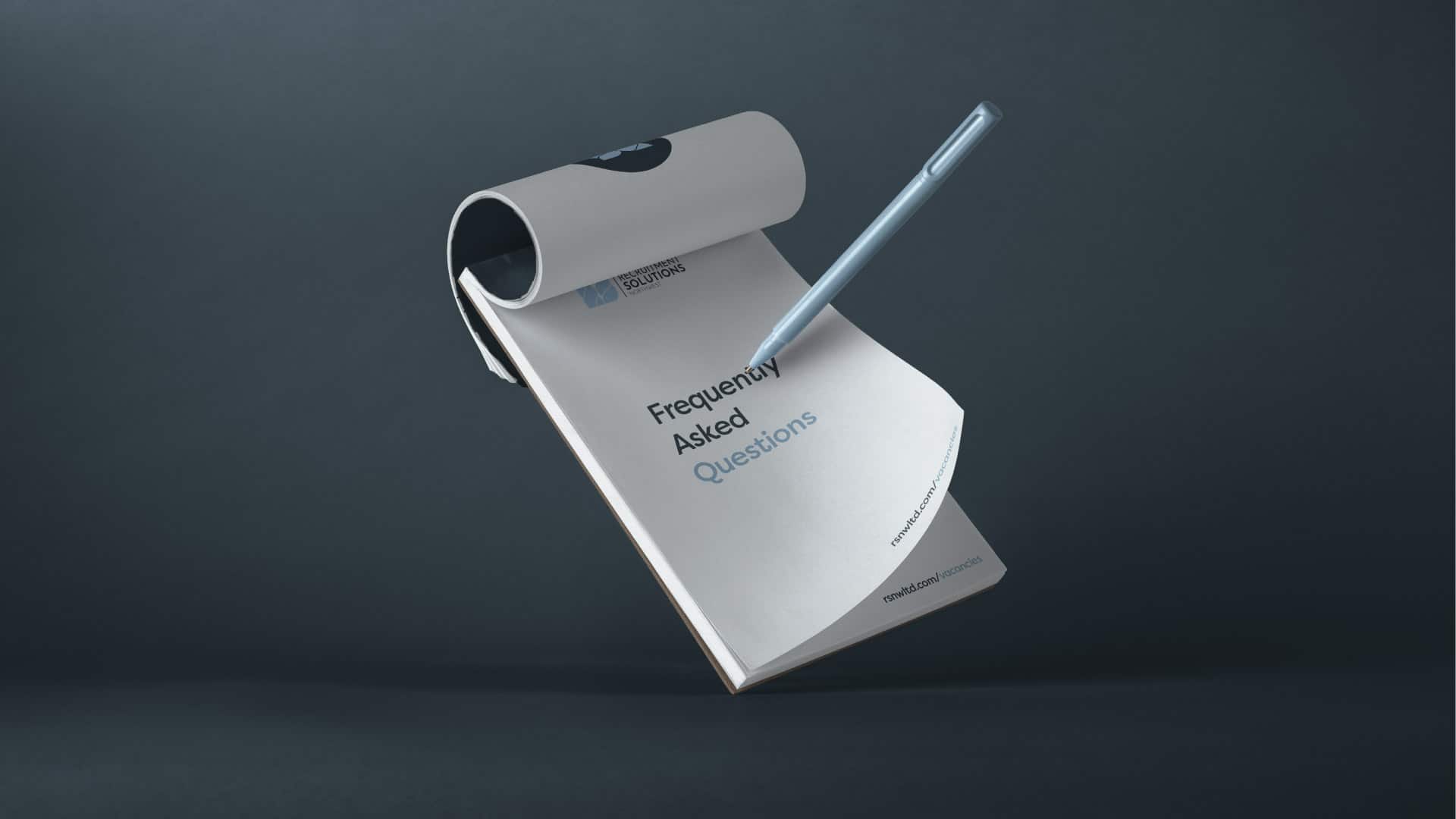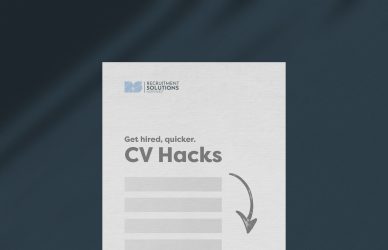Why am I looking to leave my current employer?
Think about this one carefully, because it will likely come up during the interview process, especially if you’ve not been at your current job that long. Why is it you feel you need to move on? Think about how a move would benefit you and your continuing professional development. Maybe your current employer doesn’t offer you any opportunities for promotion or maybe you have skills that are not being utilised. All of these are good reasons for a change in your job.
What do I enjoy most about my current role?
Consider the things you love about your job and put these things top of your wish list when looking for a new role. Maybe you’ve formed close working relationships with your colleagues in an open office environment or you relish your company’s international business trips. It goes without saying, then, that a new job without these benefits may well affect how much you enjoy going to work each day.
What can I offer? What is my USP?
Rather than just reeling off a list of positive adjectives, such as “hardworking” or “conscientious”, which, quite frankly, anyone can do, think instead of some concrete examples at work where you showed the qualities employers look for. Was there a time when you really added value to your company? How? Have you had a role in an international deal or changed a client’s life for the better? What sets you apart from all the others applying for this job?
What do I want from my career?
Do you want promotion, a better work-life balance or more variation in your work? Thinking about this carefully will allow you to pick and choose the most appropriate roles, for which to apply.
What skills to you want to develop and what experiences do you want to gain in the next five years?
Focus on the skills you wish to hone and experiences you wish to enjoy. If international travel is right up there for you, for instance, don’t waste time on applying for jobs that will keep you in one place.
Are promotional opportunities and progression important to me in a new role?
If they are, ensure you focus your search on organisations and companies that can offer you the best chance to fulfil your potential. If you’re not so bothered about climbing the career ladder, you can afford to be a bit more open to a range of job possibilities.
What am I willing to be flexible about?
Consider which elements you think you could be more flexible about in order to get the job you really want and those which you definitely aren’t. Sometimes a step back leads to a step forwards in the long run.
How far am I willing to commute?
This is a really important question, as so much of your work-life balance depends on your commute. Don’t underestimate the impact a long, tedious journey every day of the week can have on your emotional wellbeing and home life. If your current journey leaves you feeling frustrated, look for a job nearer home. Consider too the cost of fuel or public transport if you are looking at something further from your current place of work.
What benefits are most important to me?
Many companies offer fantastic perks, such as a company car, gym membership, private healthcare or even something as simple as dress-down Friday to make their employees feel valued. Think carefully about how much these benefits mean to you and how you would feel if you lost them.
What salary am I aiming at?
Be realistic when thinking about your salary expectations. It may be that you’d be prepared to take a pay cut to secure that dream job, but do make sure you can afford it. Create a spreadsheet of all of your outgoings and ensure you can afford to live comfortably on the salaries of any jobs you are looking at. In the same way, know your worth and don’t be afraid to aim for more highly paid jobs if you have the required skills and experience.
Would I be willing to relocate for the right role?
If you’re single and renting, relocating for the right job may be a no-brainer. Where partners and children are concerned, however, it may not be so easy to up sticks.
What kind of company culture would suit me best?
Do you enjoy working for a large organisation or do smaller, more dynamic companies suit you better? Would you sink or swim in a high-pressured, high-stress environment? Would you be bored in a gentler-paced job? Do you want to be customer-facing or working on the inside? All of these are important questions to consider.
What kind of work environment makes me most productive and fulfilled?
It may be that you thrive in a team, open-office environment and don’t like the idea of spending long days working on your own. You know yourself best, so do take your working style into account when looking at new roles.
What size of company do I want to work for? Try making a list of companies you would like to work for.
Working for huge multinational organisations can open the door to fantastic opportunities but then so can working for a small, vibrant local upstart. What are your priorities?
Where do I want to be, career-wise, in the next five years? What are the steps I need to make to get there?
Ambitions are important: they give you impetus and momentum in your work life. Think about what you would like to achieve and how your new job could help you do it.
How do I want and like to be managed?
Are you happier being trusted to get on with the job or do you prefer a more managed approach? Only apply for the jobs that will allow you to flourish in your preferred working style.
Is my CV and LinkedIn profile up to date?
Ensure your details are all up-to-date with your most recent employment and the skills and experience you have gained there. A well-structured LinkedIn page especially is a great way to make contacts and hear about new job vacancies.
How do I like to work the most: on my own or as part of a team?
Being comfortable and happy in the way you work is the best way to maximise your output and reach your potential. Work out whether you prefer to work as a team, at home, on your own or a bit of everything and use this information to focus your job search.
How am I going to manage the job search process?
Signing up to receive online alerts and using social media are great ways of researching companies and finding out about up-and-coming job vacancies. Follow your ideal companies on Twitter, like their Facebook page and take a look on Glassdoor to read reviews from current employees.
Who can help me in my job search?
Lastly, remember that recruitment consultants and agencies have always been a great way of finding the best job to fit your skills and experience. Also, in today’s tech-savvy world, your phone or tablet can also be a great source of information. Work out where your ideal jobs are going to be advertised and get online to get ahead.




